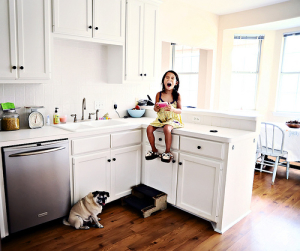
#1. Fireproof Doesn’t Always Mean Burglar Proof
#2 Don’t By a Safe Rated Too Low for it’s Contents
Burglar ratings are a mix of standards created by both the manufacturer and Underwriters Laboratory burglar ratings.
These ratings and content values are guidelines only:
| Burglar Rating |
With Burglar Alarm | NO Burglar Alarm |
| B-Rate | UP TO $10,000 | UP TO $5,000 |
| B/C Rate | UP TO $20,000 | UP TO $10,000 |
| UL RSC | UP TO $30,000 | UP TO $15,000 |
| C-Rate | UP TO $50,000 | UP TO $25,000 |
| UL TL-15 | UP TO $200,000 | UP TO $100,000 |
| UL TL-30 | UP TO $375,000 | UP TO $195,000 |
| UL TL-30X6 | UP TO $500,000 | UP TO $275,000 |
| UL TRTL-30X6 | UP TO $1,000,000+ | UP TO $500,000+ |
#3 Look for a Burglar Fire (BF) Safe
Modern composite safes are rated for both fire and burglary resistance. While they can be more expensive, they offer a peace of mind that only a BF safe can give you.
#4 Locking Mechanisms
There are many different kinds of locks that a home safe can have on them, combination, keypad, thumbprint, key, key card and a number of other options, and while all of them have their pros and cons, it’s best to pick the type of lock that is best for you. If we take a look at combination vs keypad; the combination lock can be harder to see and take longer to open than a digital keypad but it’s batteries never need to be replaced. If you have any questions please reach out to us HERE and we’d be more than happy to answer them.
#5 Where will the Safe Be Located
This is a loaded question and often times one of the hardest for would-be safe owners to answer. If you don’t have a burglar alarm, you probably want the safe hidden in an out of the way place, such as in the floor or a wall. If you place it in a place too far out of the way, such as in the basement or even an attic, would you use it? Along those same lines, if it’s in a dark closet, is there enough light to operate it and see inside? Also, if it’s a large safe then you need to think about the floor that it will be placed on, will it take the weight? Remember, always bolt your safe to the floor, concrete is better than wood. Keep that in mind when choosing a place for your house safe.
There are certainly more things to consider, and consider them we will. Stay tuned for part #2.
